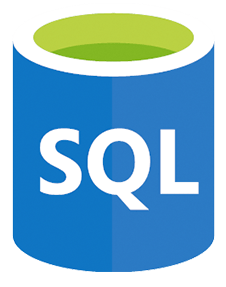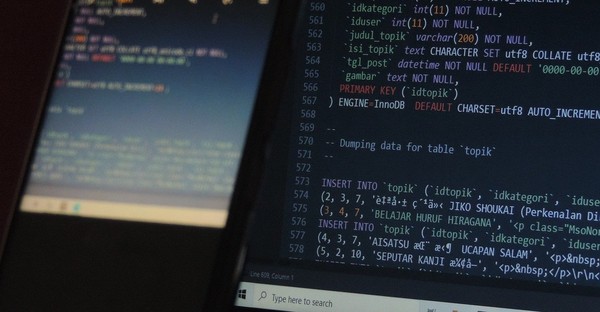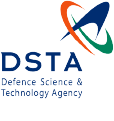What is SQL?
Structured Query Language (SQL) is a language used to communicate with a database. It is generally the standard language for relational database management systems. As paper records became less and less common, it was developed in the 1970s to access and manipulate data. SQL is still in use today in relational databases. These kinds of databases are used by government and corporations, including Microsoft, Dell, Stack Overflow, Airbnb, Uber, and Accenture.
SQL is used with relation database software. Relational databases are grouped in tables – columns and rows – which can only be accessed using a language compatible with the way the data is stored. This is where SQL comes in. It is hard to imagine the scale of data these kinds of databases hold and how much these languages must sift through. Thankfully one of SQL’s biggest advantages is it’s use of common words in simple English to make using it a breeze.

What does data have to do with SQL?
SQL mainly handles data that is very interconnected; for example, imagine an online clothing shop. Each time an item is sold, the database would record what item it was, its item number, the cost, a description, who bought it, what suburb they live in, what currency they bought it in etc. This data could then be used to co-ordinate a marketing campaign in suburbs with low sales.
This situation can easily be extrapolated to all sorts of organisations: hospitals, schools, finance companies and many more. A decent grasp of SQL is essential if you wish to thrive in any of these organisations.
In a world where data is king and using it can save you a billion dollars here and there (Netflix reportedly saves $1 billion a year on customer retention using big data) a detailed understanding of how to access and sort databases is essential. It is estimated that the Big Data analytics in just the banking industry could be worth $62.10 billion by 2025. But it’s not just finance: data can save lives. More data about symptoms of an illness could mean that an ailment is diagnosed right the first time.
A quick perusal of any article about big data (while a little worrying) will lead to the conclusion that in the internet age, data is pretty much everything. That must mean that knowing how to effectively retrieve and analyse data is a useful skill. Although there are multiple kinds of databases, relational databases still make up a large amount and learning how to use SQL is a valuable skill.
If you are ready to start learning, view our SQL course dates here.

Image is attributed to discovery society.
 Australia
Australia
 New Zealand
New Zealand
 Singapore
Singapore
 Hong Kong
Hong Kong
 Malaysia
Malaysia
 Philippines
Philippines
 Thailand
Thailand
 Indonesia
Indonesia























